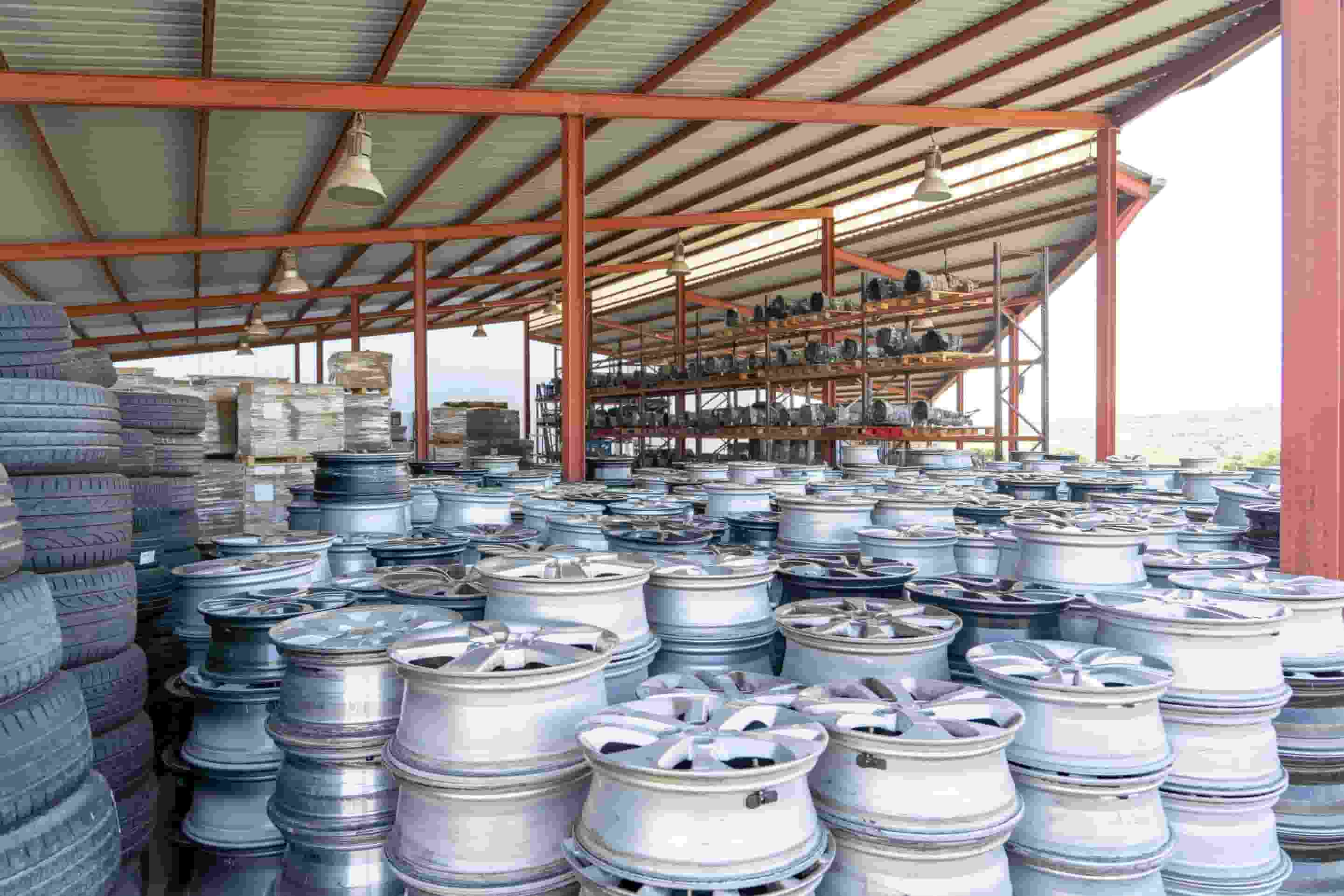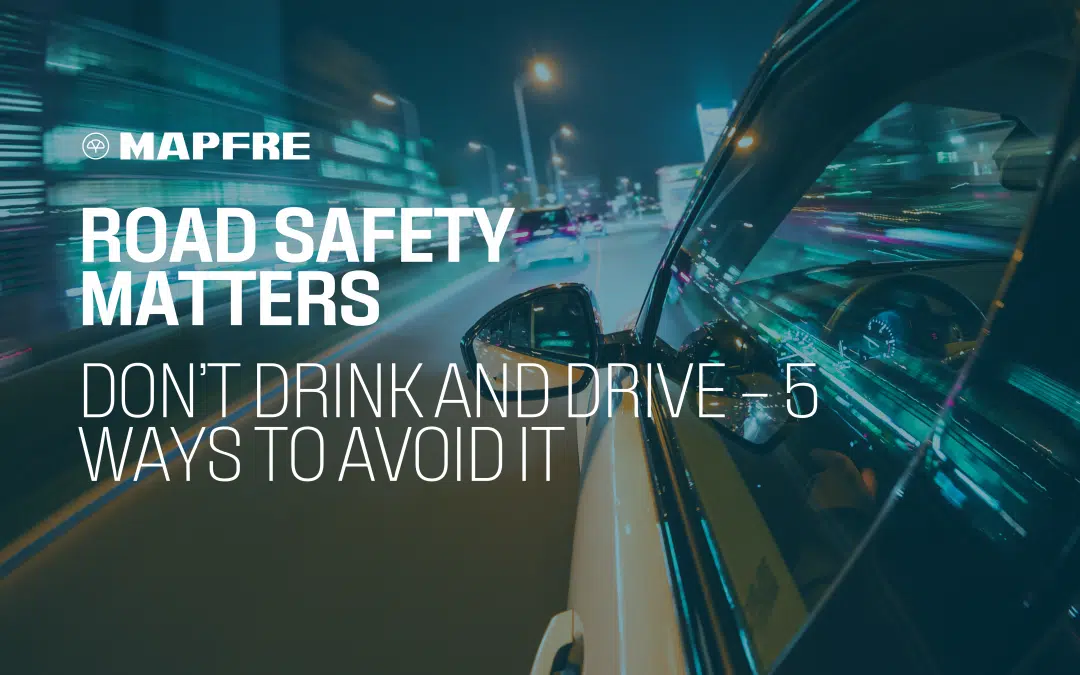Today, May 17, MAPFRE joins World Recycling Day, a date on which the company shows its commitment to sustainability and the circular economy, one of the main challenges the world faces.
Last year, a total of 3,318 tons of waste was generated throughout the Group, of which 3,071 tons, or 93% of the total, were subjected to valorization processes, i.e. recovery, recycling and energy production.
Highlights in 2022 included the avoiding of the consumption of 191 tons of paper thanks to the biometric electronic signature, thus eliminating emissions of 166.75 tons of CO2eq in Spain and Portugal. It also reused 77% of all IT equipment waste in Spain, having donated 24,750 kilos of IT equipment in the Group and recycled 289 tons of waste in various buildings in Madrid, which represents nearly 100% of the waste generated by the company at its corporate headquarters in Spain.
This achievement was made possible by the Zero Waste project, a certificate granted by AENOR and won by MAPFRE for the second year in a row. It is granted to companies that classify the waste they generate so that it can be reused or recycled and does not end up in a landfill..
MAPFRE aspires to become a benchmark company in the circular economy, which, according to the company, makes it possible to generate business opportunities while protecting the environment and society. The Group promotes the responsible consumption of resources, as well as the reduction, reuse and recycling of waste, thus reducing landfilling. It also carries out actions to combat food waste and hires managers with business models that are in line with the principles of circularity. It has also eliminated all single-use plastic bottles and cups thanks to the “MAPFRE Plastic-Free” project.
The company has also treated a total of 1,847 end-of-life vehicles, from which it has recovered 54,485 parts for reuse in different markets, thanks to CESVIMAP, the MAPFRE Road Safety and Experimentation Center. This global technology center specializes in vehicle repair and recycling, among other services, and is a reference in how to dispose of vehicles in a sustainable way, extending the life of parts, facilitating the reuse of raw materials, such as plastic and glass, and reducing energy consumption.
MAPFRE’s 2030 Environmental Footprint Plan sets an ambitious recovery target for the coming years: to make use of 83% of the waste generated by the Group in the countries where it operates by 2024, and 90% by 2030.



